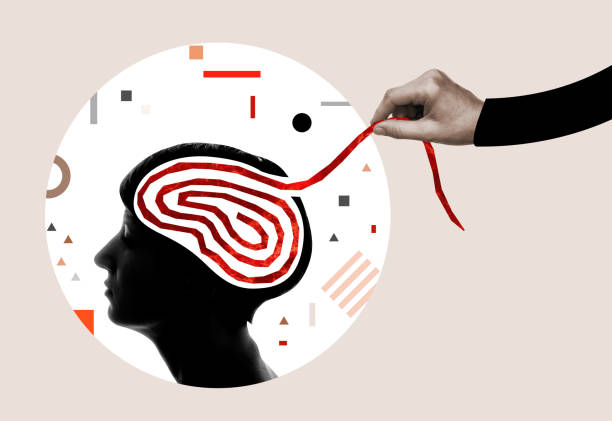Developing Healthy Habits: A Psychological Approach to Lasting Functional Development

Forming and maintaining healthy habits is essential for anyone aiming to achieve functional development. Whether the goal is physical strength, mental agility, or general well-being, the key to success lies in the ability to cultivate lasting, positive routines. Psychology provides scientifically supported strategies that facilitate habit formation, making it easier to adopt and maintain beneficial practices for a healthier, more balanced life.
1. Setting Clear, Attainable Goals
Psychology emphasizes the importance of setting clear and achievable objectives to create successful habits. Breaking down large goals into smaller, manageable steps can prevent burnout and enhance motivation. For example, rather than committing to a broad goal like “becoming fit,” one might start with smaller, specific targets such as exercising for 30 minutes three times a week. Achieving these smaller milestones builds a sense of accomplishment, making it easier to work towards the ultimate goal gradually.
2. Positive Reinforcement: The Key to Consistency
Positive reinforcement is a psychological tool that significantly boosts habit formation. Rewarding yourself for making progress—even small gains—encourages repetition of the desired behavior. For example, if the goal is to maintain a healthier diet, setting up rewards (like enjoying a favorite activity) after sticking to a meal plan for a week can reinforce the positive behavior. This technique increases motivation and makes it more likely that the new habit will become a regular part of daily life.
3. Using Structured Planning and Accountability
Planning plays a critical role in habit formation. Developing a routine schedule—for example, setting aside time for exercise, meal prepping, or relaxation—helps integrate the desired habits into daily life. Structured planning reduces the chance of distractions derailing one’s goals and makes the new routine feel more natural over time.
Accountability is equally important. Whether it’s with a friend, family member, or online group, having someone else to share your goals and progress with can keep you motivated. Studies show that people are more likely to stick to their goals when they have an accountability partner, as it adds an element of social commitment and support.
4. The Role of Visualization in Habit Formation
Visualization techniques can be an effective tool for adopting new habits. By mentally rehearsing a healthy behavior—like planning out a balanced meal or envisioning a workout session—individuals can prepare their minds to adopt the habit more seamlessly. Visualization boosts confidence and familiarizes the brain with the action, making it easier to execute in reality.
5. Strategies for Overcoming Habit Roadblocks
Everyone encounters obstacles on the path to creating healthy habits. Psychology suggests several strategies for overcoming common roadblocks, such as procrastination, lack of motivation, or difficulty staying consistent:
⭕ Identify and Address the Triggers: Understanding what triggers unhealthy behaviors can help individuals avoid or manage these situations more effectively. For instance, if stress leads to unhealthy eating, techniques like deep breathing or mindfulness can be used as alternative coping mechanisms.
⭕ Focus on Progress, Not Perfection: One setback doesn’t mean failure. Psychology advocates for adopting a growth mindset, where individuals see setbacks as opportunities to learn rather than reasons to give up. This mindset makes it easier to stay committed to healthy habits over the long term.
⭕ Adapt to Changing Circumstances: Life is unpredictable, and routines may need adjustments. Psychology encourages flexibility in routines, helping people adapt their healthy habits to new circumstances, such as changes in work schedules or environments.
6. How Psychology Supports Lifelong Healthy Habits
The principles of psychology not only help establish healthy habits but also foster long-term commitment. By embedding these habits into our lives with psychological techniques, individuals can experience profound improvements in physical and mental well-being. Consistent healthy routines improve energy levels, enhance productivity, and provide a stable foundation for functional development across all areas of life.
Conclusion
Developing healthy habits is an investment in long-term functional development. Psychology offers valuable insights into the process, from goal-setting and positive reinforcement to visualization and accountability. By leveraging these tools, individuals can adopt lasting routines that enhance their quality of life, boost resilience, and promote sustained growth. Integrating psychology into habit formation isn’t just about achieving one-time goals; it’s about creating a lifestyle where healthy habits become second nature, leading to a balanced and fulfilling life.







Responses